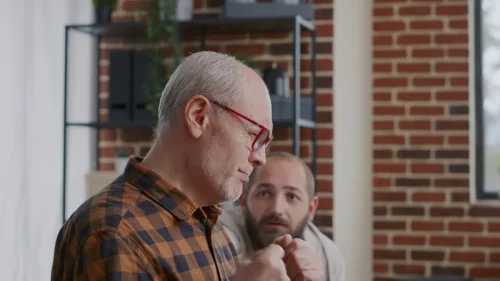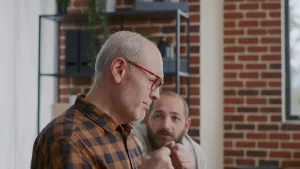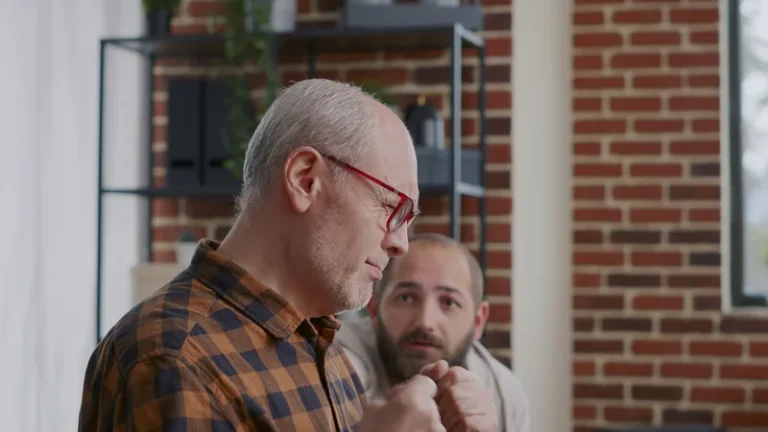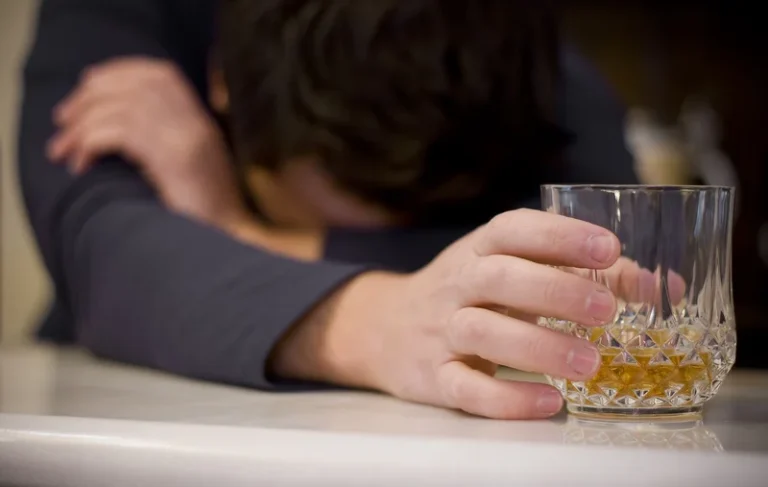
However, achieving that kind of insight requires considerable introspection, practice, and time. While it is impossible to predict with certainty how long you should wait before dating again, the potential consequences of entering a relationship too soon can prove devastating to your recovery. By addressing underlying family dynamics, improving communication, and fostering a supportive home environment, the entire family can experience growth and healing. Setting boundaries is essential for maintaining mental wellness during recovery.

The Role of Positive Reinforcement in Recovery Programs
Although drug dependency specialists relationships and recovery advise against dating in early recovery, they recognize the benefits of human contact, as well. In fact, eventually developing a healthy relationship can be incredibly valuable in reaffirming and helping to sustain your sobriety. Attempting to find a partner while navigating recovery typically results in additional difficulties beyond the initial stress experienced by most new to dating. Alcohol, in particular, holds a pervasive influence over many facets of the American dating scene. In fact, our culture seems to consider alcohol vital to alleviate the pressure of dating.
- We offer treatment at every level of recovery, including detox, inpatient care, medication-assisted treatment, individual and group therapy, outpatient services, sober housing, and relapse prevention.
- Relationships could be unhealthy from the start, or they may begin in healthy ways before sliding into dysfunction over time.
For Loved Ones

Surrounding oneself with peers who understand the challenges can provide encouragement and accountability. Therapists play a vital role as they offer professional guidance tailored to personal experiences, assisting in emotional healing and skill-building. Both partners need to be trustworthy and transparent, understanding that trust is earned over time. Setting healthy boundaries means communicating their needs, respecting their partners boundaries and creating a space where both individuals feel safe and comfortable.
It’s about to get warmer on B.C.’s south coast
- You may be concerned about how others will react or judge you when you share your recovery status.
- In AA and other fellowships, your sponsor should be someone the same gender as you.
- They may want to know why you’ve chosen this particular path because they have questions about their own alcohol or other drug use or are concerned about a family member or friend.
- Speak with an Admission Specialist today to learn more about how we can support you on the journey to recovery.
Navigating relationships after addiction treatment requires patience, self-awareness, and a commitment to personal growth. By setting boundaries, fostering open communication, and embracing supportive relationships, individuals can create a nurturing environment for recovery. Building and maintaining healthy relationships not only aids in recovery but also enriches lives by providing meaningful connections and emotional support. As individuals progress in their recovery journey, the lessons learned in these relationships will serve as a foundation for a healthier and more fulfilling future. We publish material that is researched, cited, edited and reviewed by licensed medical professionals.
- Think about the way we’ve handled ourselves over the course of our using and how we present ourselves now.
- Our pockets had been drained, we’d “grinched” everything we could get our hands on, and our mind and bodies were just so tired.
- With a little clear-headed caution, beginning a relationship in early recovery can work.
- If you have used dating to replace the substances you previously used, then you may have already subconsciously made that choice.
- At this time, developing relationships that provide mutual support and connection is essential.
The Role of Emotional Support Animals in Mental Health Care
The information we provide is not intended to be a substitute for professional medical advice, diagnosis or treatment. It should not be used in place of the advice of your physician or other qualified healthcare providers. It should not be used in place of the advice of your physician or other qualified healthcare provider.

Families can provide emotional encouragement, help create a conducive environment for healing, and can significantly influence treatment success. This guide explores the impact of family dynamics, the importance of involvement in therapy, and key strategies to enhance support. Yes, you can absolutely maintain a healthy relationship with someone in recovery. Supportive relationships are essential as they can improve family dynamics, fostering the love and respect needed to maintain sobriety.
Although no one in recovery is immune to the possibility of relapse, those who are new(er) are especially vulnerable. Therefore, informing people to whom you are becoming close that Alcoholics Anonymous you don’t drink alcohol or use other drugs—sooner rather than later—will help you avoid many risky situations. Getting involved in or maintaining a close relationship with anyone who regularly uses alcohol or other drugs, particularly in your presence, places you at considerable risk. A new relationship may provide a false sense of success for the addicted person. When someone is in recovery and setting a new foundation for their life, they may feel like they are making good progress. Starting a new relationship can feel like one of these successes, but it can also be an illusion.
Positive Relationships Can Support Recovery
The problem with pursuing relationships at this time is that the relationship will end up taking more and more of your time and focus. In other words, a romantic relationship will pull your focus from the things that you should actually be focused on while you’re still so new to sobriety. Since our founding in 1961, Harris House has grown to become a top-rated, non-profit treatment center. For individuals struggling with addiction to alcohol and drugs, Harris House helps people achieve sobriety and become healthy and productive individuals.

Why Family Involvement Matters in Eating Disorder Recovery
Building healthy relationships in recoveryfrom addiction is not a simple process, but in reality, building any successful relationship is difficult. Building any relationship takes a strong balance of thinking and feeling. One has to feel a powerful emotional connection to the person while being able to identify the relationship as healthy logically for a relationship to be successful in the long-term. Maintaining sobriety is a life-long process, and it is impossible to expect anyone to postpone developing an intimate relationship with another person indefinitely. As a person acclimates to changes through treatment, a new romantic relationship can begin to become part of their future. Over time, protecting one’s sobriety becomes a natural response to situations, allowing a person to forge this type of relationship without inhibiting their progress in recovery.

Dating Someone in Recovery
As a person in early recovery from addiction, I needed to keep my recovery first and foremost before anything else … including him. If I’d prioritized him, my coping tools and recovery could have so easily dissipated. The next thing you know, I would have been focused on him and not on trying to better myself. That’s probably why people recommend against getting into a serious relationship in the first year of sobriety. The ups and downs of life will test a person’s ability to abstain, and a relationship certainly provides a powerful challenge to maintaining the balance necessary to continuing to practice recovery tools.

